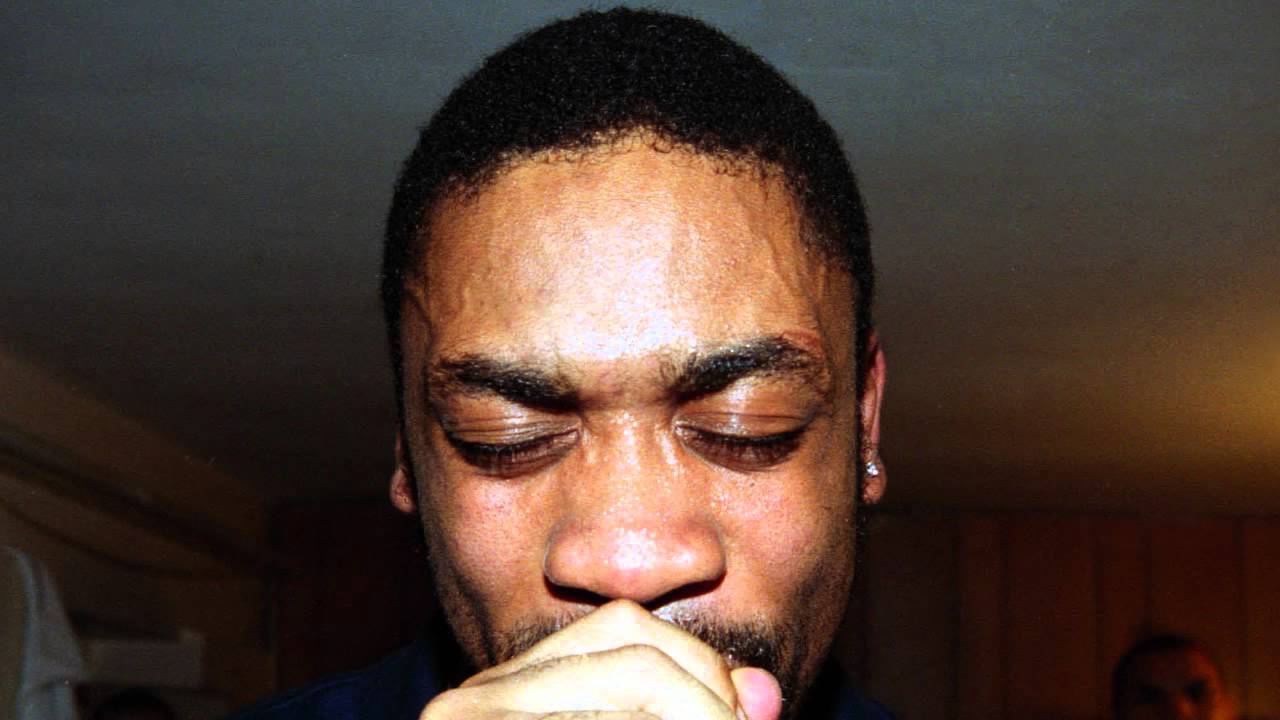
 Grime: A Lowdown
Grime: A Lowdown
RnB/Hip Hop | Thursday 5th November 2015 | Joe
You're likely to hear it quite a lot these days: "I'm really into grime at the minute", "Did you see Jme tear up Fire in the Booth?" or "what is that fungus that Ghetts has grown on his face?". Still none the wiser? No worries - we're here to bring you the beginners guide to grime:
Where did it come from?
Grime music is a British-born music genre that sprung up in London at the end of the nineties. Initially, the sound was known under vaious names - from '8beat' to 'sublow' - but was without a stable identity until the new millenium.
The musical roots of grime were found largely in garage circles, from where grime pioneers such as Wiley, Kano, and Danny Weed initially plied their trade. However, unhappy with the fairly regimental style of house-based garage beats, these artists and producers gradually began to develop their own unique style. Whilst it remains the subject of hot debate - Wiley's 'Eskimo' (2002) is often accredited with being the first true grime anthem.
What makes a 'grime' track?
There are quite specific 'rules' to distinguish grime from hip hop and garage - though people still get the three mixed up quite often. Grime is centred around a double-time BPM of 140 (or a single time 70), and rarely strays more than ten beats outside of this.
There is also much less emphasis on 808s and high-hats than in hip hop and trap. Instead, a mixture of synthetic and electronic sounds are usually arranged in double-time, creating a patterned rhytm that makes that encourages quick and complex rapping.
What is its purpose?
Haters will tell you that grime is all about showing off and postcode wars - and yes, that's certainly part of it. Anyone who has followed the beef between Chipmunk (whose status as a grime artist is questionable at best) and Bugzy Malone (whose is not) over the past 18 months could be left wondering what this is all for.
Yet grime has a darker, more real and more raw side to it. Whilst it is not universally political in message, many grime tracks tackle issues of poverty - especially amongst black communities in the UK's urban areas. Messages of aspiration, respect and inspiration are common - but so too are those about family, relationships and death. This is real-talk.
Who are the big names to watch?
Any student of grime must be familiar with the work of the 'grandfathers' of the genre: Wiley, Kano, and Dizzee Rascal (mainly pre-2008). In lyricism and production, these guys were the inspiration for most of the upcoming generation - Wiley for instance received a Paving the Way Award at the MOBOs this week.
The newer kids on the block include: current king of the ring Stormzy; Boy Better Know (BBK) stars Skepta and Jme; pop converts Wretch 32 and Chipmunk; and outspoken wordsmiths such as Akala and Mic Righteous.
Who's the best? Well, that would be impossible to say. But you would do well to hear any better bars in your life than this incredible lesson in spitting by Lowkey:
What's more - he's not even known as a grime artist.
